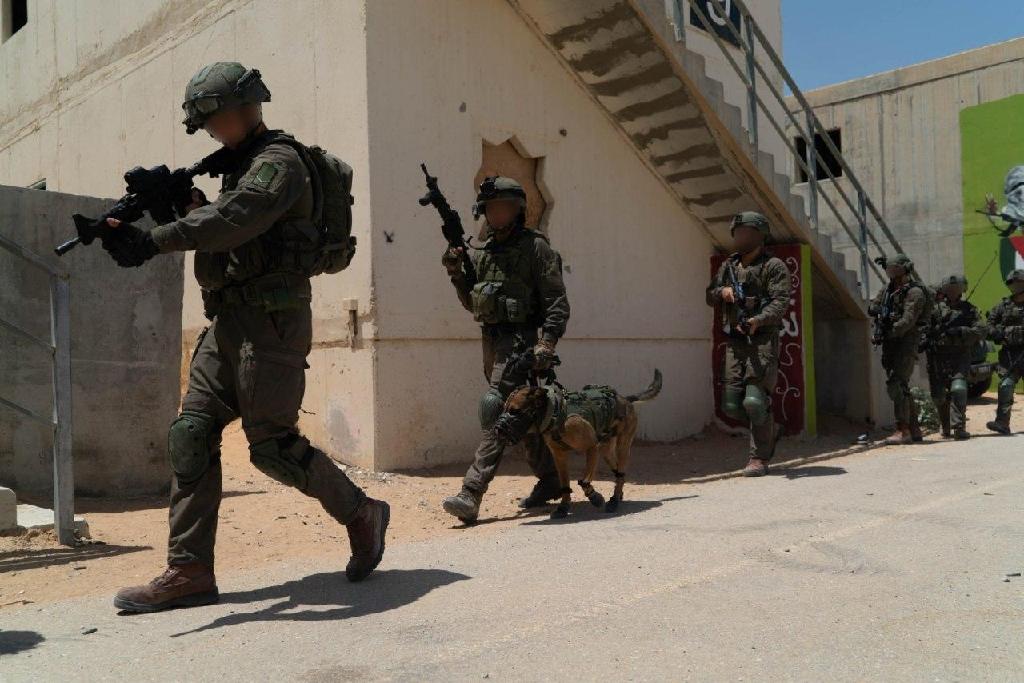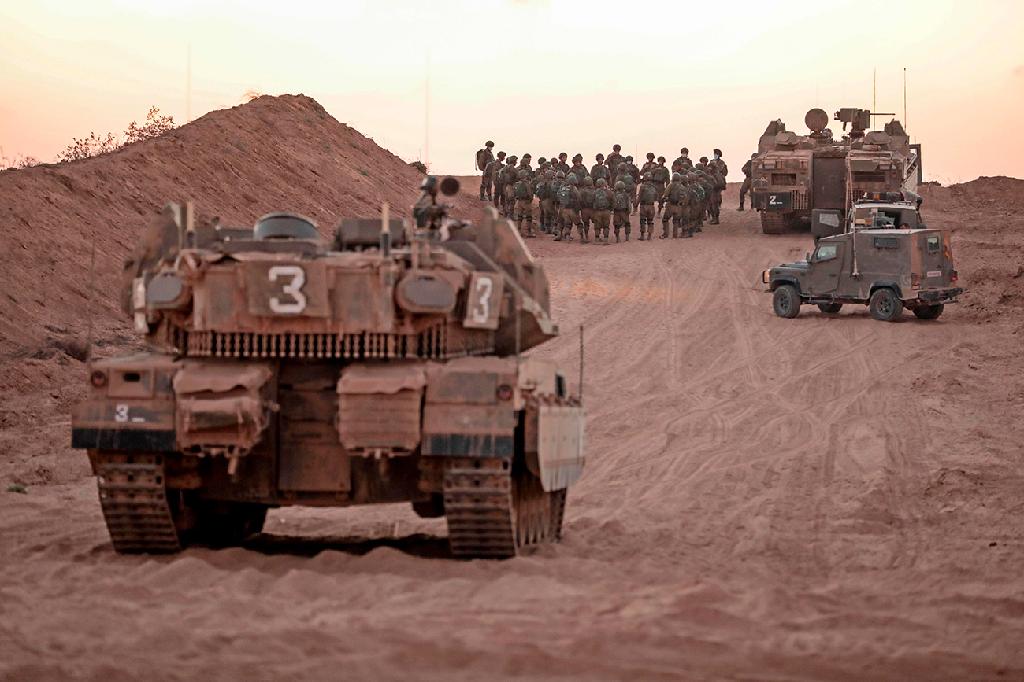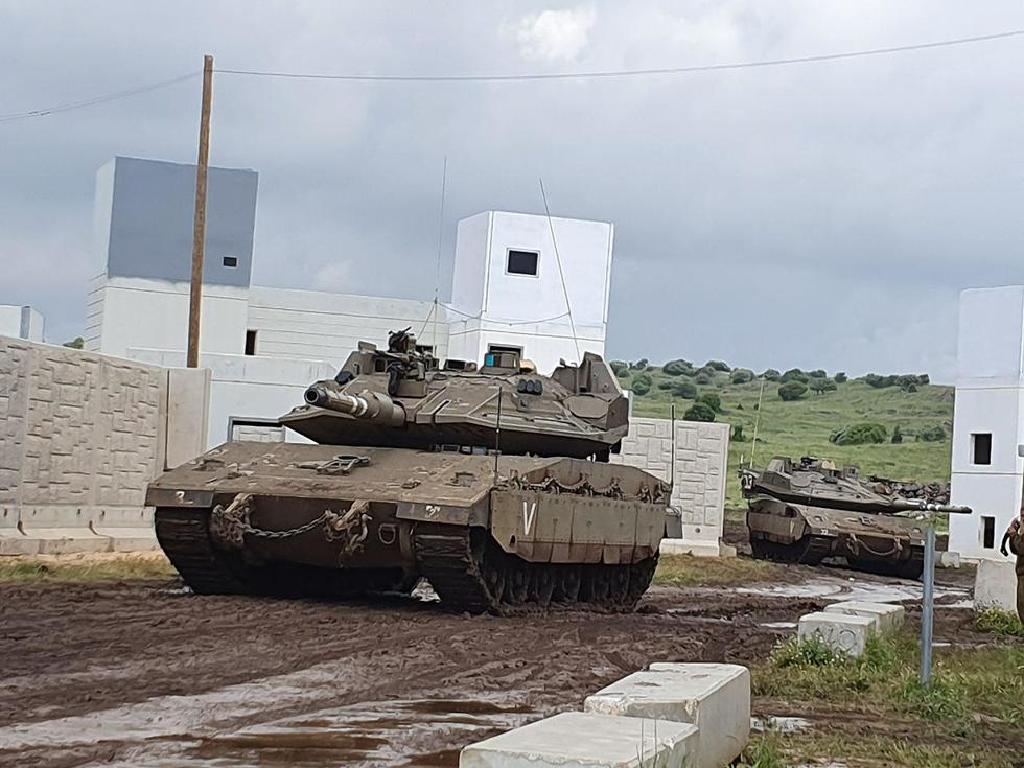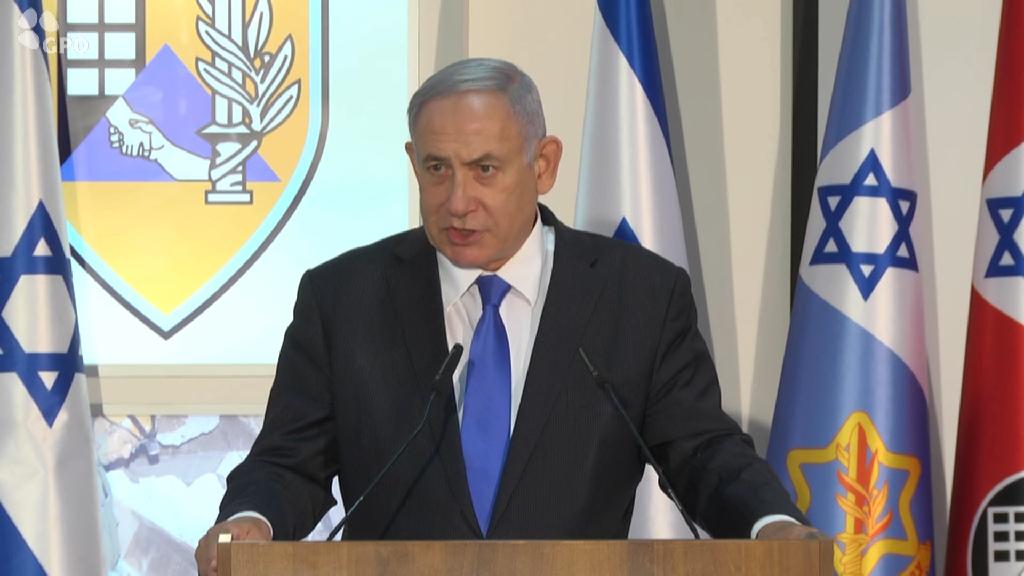Getting your Trinity Audio player ready...
For several weeks ago, the Defense Ministry laid a plan on the table of the finance minister and the prime minister that was supposed to trigger economic growth through the defense industry.
The plan suggests that the state transfer NIS 5 billion to the defense industries in the next three years, which will allow the defense establishment to order munitions that the military wants in order to build up its force.
The plan aims to promote IDF procurement and help the defense industries to get through the coronavirus crisis , which saw the global arms market shrink dramatically, without losing the momentum of innovation and global competitiveness.
The cash flow will allow defense technology companies Elbit and Rafael to open three more factories, creating 1,000 jobs and providing employment to hundreds of smaller businesses that support the industry.
Both the Finance Ministry and the Prime Minister's Office applauded the plan, but after the initial excitement subsided, nothing happened. Nothing is moving.
In order to increase the competitiveness of the defense industries, the Defense Ministry is currently holding discussions on changing the criteria for exporting defense equipment from Israel.
This means reassessing whether to grant export permits for equipment that until recently was defined as classified and non-exportable or exportable to only a limited number of countries.
At the same time, they are also discussing whether to open the market to countries from which Israel has so far refrained from selling certain technologies.
These discussions are taking place in parallel with improving relations with countries in the Persian Gulf, Africa and Southeast Asia.
The permits for the expansion of defense exports are supposed to come, in the end, from the cabinet - but the agenda of this government focuses on surviving day by day.
5 View gallery


IDF Artillery Corps troops in training in northern Israel
(Photo: IDF's Spokesperson Unit)
A ministerial committee that was supposed to approve a list of purchases from the United States for the next decade, in accordance with security assistance agreements signed two years ago, has not convened since the formation of this government.
This list is supposed to be submitted to Knesset this month, but to whom exactly?
This political deadlock is starting to directly affect the defense establishment for the worse.
A few months ago, Prime Minister Benjamin Netanyahu announced that the defense establishment will receive NIS 3 billion to allow the army to maintain its readiness until the end of the year.
This was neither a gesture nor a budget increase: it has been clear for two years now that the defense establishment would be NIS 3 billion short from meeting the goals set for it in 2020.
Since Netanyahu's announcement, the defense establishment hasn't received a single shekel.
But the deficit is still there and so in recent months the military has begun to cancel training, which undermines its readiness and operational capability.
If this government deadlock continues, the deficit will grow, and the military will keep cancelling training.
The government can argue that although the crisis is severe, our defense situation is good, we've just made peace with the United Arab Emirates, so we can put the army on hold.
But we can't handicap the army. It would be a disaster much like not giving the defense industry - an engine of growth that will help the economy emerge from the severe economic crisis – the boost it needs.
Israel ranks 10th in the world for defense exports, but this is a misleading albeit impressive position. Defense exports only make up 6% of all Israeli exports and just 2% of the country's GDP. There is clearly much untapped potential here.
5 View gallery


Soldiers of the elite Multidimensional Unit in training
(Photo: IDF's Spokesperson Unit)
These are amazing defense technology industries with high profitability potential - but there is no government policy to push them forward.
For the IDF and the Israeli defense industries, exports are a lifeline. Unlike the world's major defense industries, they must export 70-80 percent of their products in order to survive and maintain the IDF's qualitative advantage.
The government ignoring these plans is nothing short of a disaster.




